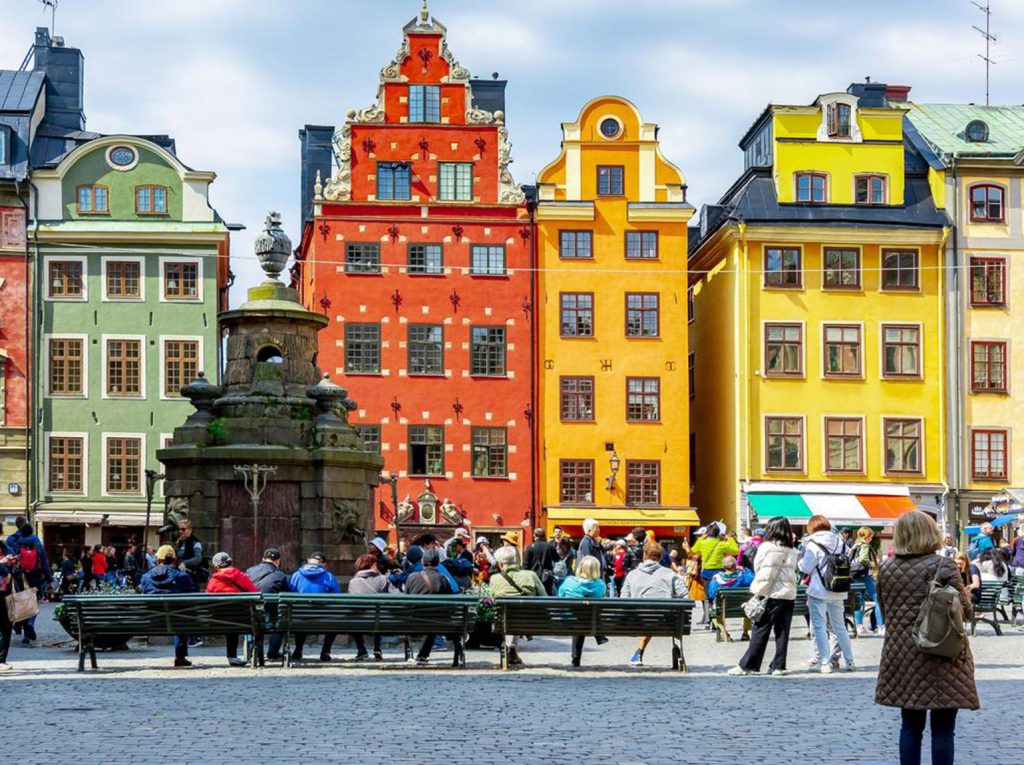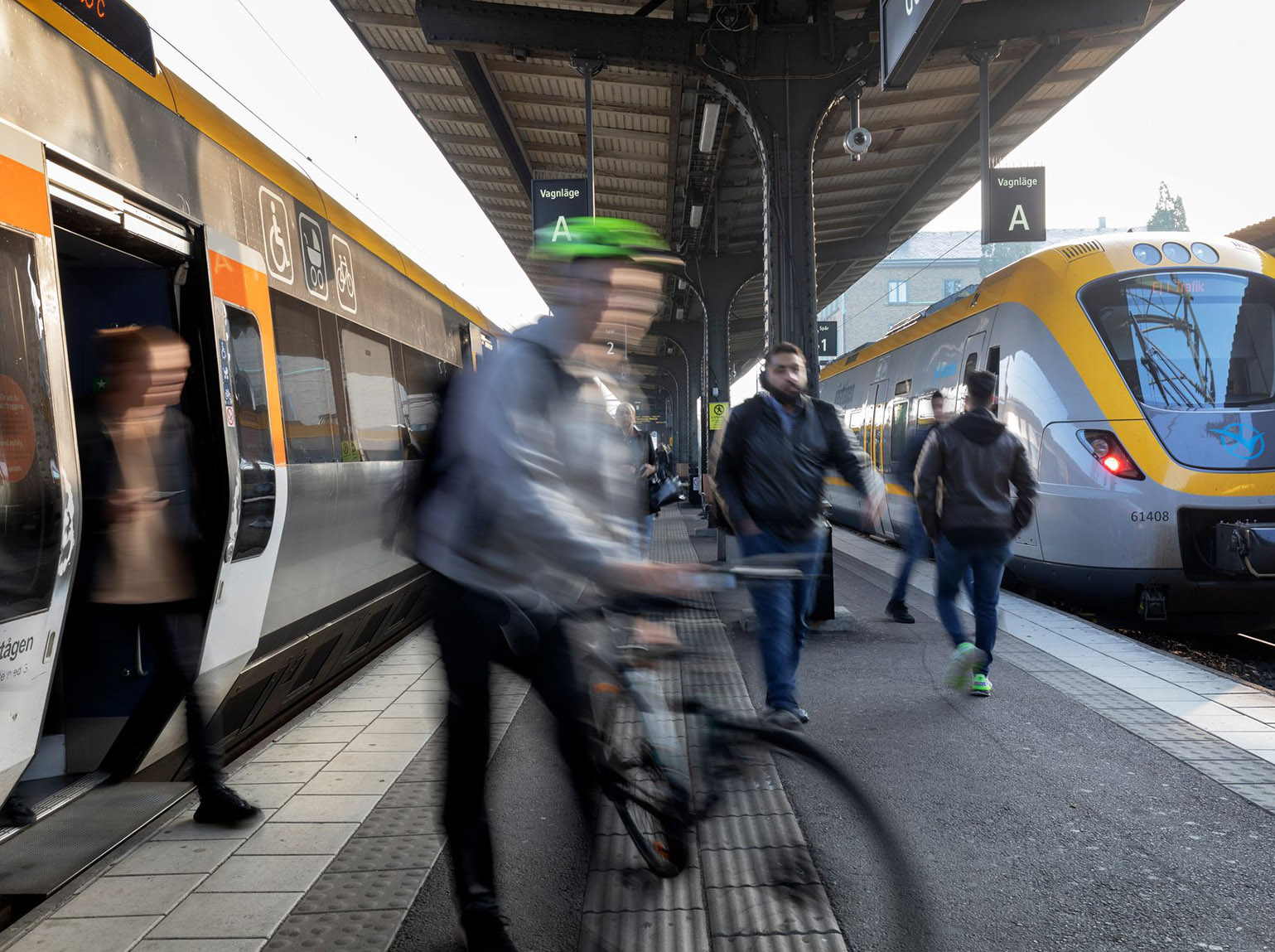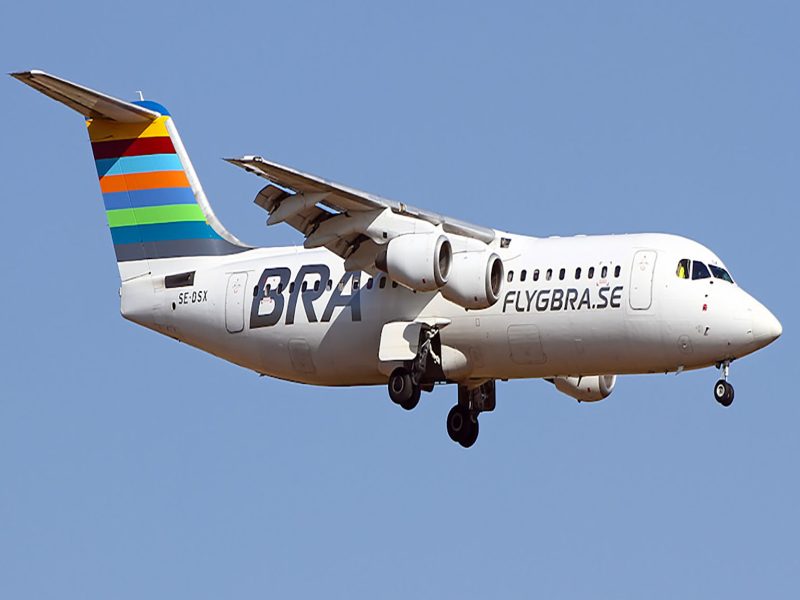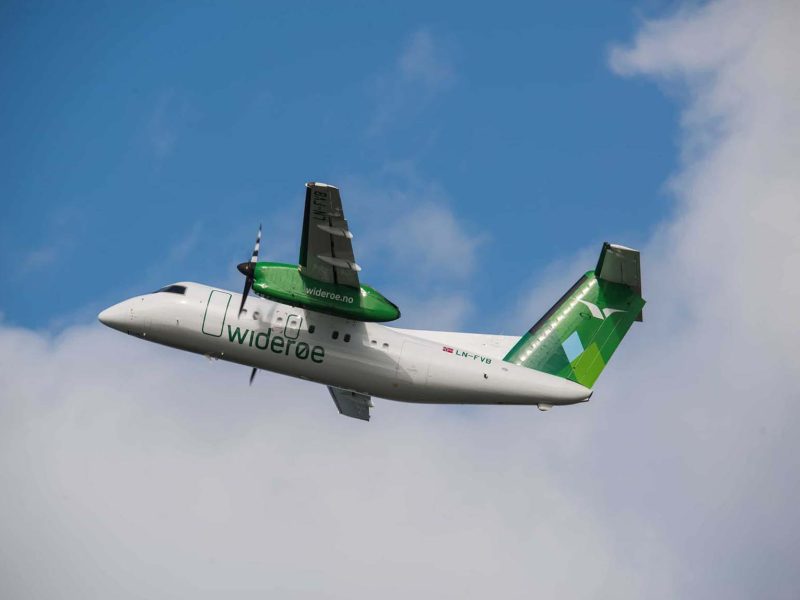Exploring Stockholm is a delight, thanks to its efficient and reliable transportation system. Whether you’re visiting for a few days or planning a longer stay, getting around this beautiful city is straightforward, with various options suited to all types of travelers. From the city’s well-connected metro system to scenic ferry rides, Stockholm’s public transit network makes it easy to reach the city’s popular attractions and hidden gems alike.
In this guide, we’ll cover everything you need to know about navigating Stockholm, including public transport, biking options, car rentals, and helpful tips for using the city’s different modes of transportation.
1. Stockholm’s Public Transport System (SL)
Stockholm’s public transport is managed by SL (Storstockholms Lokaltrafik) and includes the metro (Tunnelbana), buses, trams, commuter trains, and ferries. Here’s a breakdown of each mode of transport:
The Metro (Tunnelbana)
The Stockholm metro, also known as the Tunnelbana or T-bana, is the backbone of the city’s public transportation network. With three main lines – the green, red, and blue – the metro connects central Stockholm to the surrounding suburbs, making it a convenient way to reach nearly every corner of the city.
- Stations and Routes: The metro has over 100 stations, and many are famous for their unique, artistic designs, often referred to as the “world’s longest art gallery.”
- Operating Hours: Trains typically run from about 5:00 AM to 1:00 AM on weekdays, and there are extended hours on weekends.
- Frequency: During peak hours, trains arrive every 3-5 minutes, while during off-peak hours, you can expect a train every 10-15 minutes.

Buses
Stockholm’s extensive bus network is ideal for reaching destinations not covered by the metro, especially in areas beyond the city center.
- Routes: Buses operate throughout the city and its suburbs, with specific lines that cater to major tourist attractions and residential areas.
- Operating Hours: Like the metro, buses generally run from early morning until midnight, with additional night buses covering the routes after hours.
Trams
Trams are primarily found in central Stockholm and are an excellent way to see the sights while traveling.
- Popular Routes: The Djurgården tram (Line 7) is particularly popular with tourists, as it travels through scenic areas and passes by attractions like the Vasa Museum and Skansen.
- Frequency: Trams run regularly throughout the day, usually every 5-10 minutes during peak times.
Commuter Trains (Pendeltåg)
Stockholm’s commuter trains connect the city center with outer suburbs and nearby towns. This is the ideal option for those who plan to explore beyond the central area.
- Stations and Routes: The main commuter lines operate from Stockholm Central Station and reach areas like Uppsala, Södertälje, and Märsta.
- Frequency: Trains generally run every 15-30 minutes, depending on the line and time of day.
Ferries
Stockholm’s archipelago is made up of thousands of islands, and ferries are a scenic way to explore these areas. SL operates some ferries as part of the public transport system.
- Routes: Ferries connect popular destinations such as Djurgården, Skeppsholmen, and Hammarby Sjöstad.
- Tickets: SL tickets are valid on certain ferry lines, which makes hopping between islands easy.
Tickets and Fares
Tickets for Stockholm’s public transport can be purchased in a few ways:
- SL Access Card: A reusable card that you can load with travel credit or period passes. You can buy one at SL Centers, Pressbyrån kiosks, or convenience stores.
- Single Tickets: Available via the SL app, ticket machines, or directly on the SL website. Single tickets are valid for 75 minutes from the time of activation.
- Travel Passes: These provide unlimited travel for a set period (24 hours, 72 hours, 7 days, etc.), which is a cost-effective option for tourists.
Ticket Prices (as of 2024)
For reference:
- Single Ticket: Around 45 SEK for adults, with reduced rates for children, students, and seniors.
- 24-Hour Pass: Approximately 155 SEK.
- 72-Hour Pass: Around 310 SEK.
For current pricing and special offers, always check the official SL website.
2. Biking Around Stockholm
Stockholm is a bike-friendly city with plenty of designated bike lanes and rental options. Whether you’re interested in a leisurely ride along the waterfront or want a quicker way to reach attractions, biking is an enjoyable and efficient way to explore the city.
Bike Rental Options
You can rent bikes from various shops and rental services throughout the city. Popular choices include:
- City Bikes: Available from numerous locations during the spring and summer months. They offer day and seasonal passes.
- Donkey Republic: A convenient app-based rental service with multiple pick-up and drop-off points across Stockholm.
- Spinlister and Bike Hubs: Some local shops and hubs offer unique bikes for rent, including e-bikes and mountain bikes.

Bike Paths and Routes
Stockholm has an extensive network of bike lanes, especially in the central districts. Popular biking routes include:
- Kungsholmen Runt: A scenic ride around the island of Kungsholmen with views of Lake Mälaren.
- Djurgården: This island is full of beautiful parks, museums, and waterfront views – perfect for a leisurely bike ride.
- Skeppsbron to Hammarby Sjöstad: A route that takes you along the harbor, offering stunning views of Stockholm’s waterfront architecture.
Tips for Biking in Stockholm
- Safety: Always wear a helmet and stay in designated bike lanes where possible.
- Parking: Stockholm has many bike racks throughout the city. Avoid parking in restricted areas.
- Weather: Stockholm can get windy and rainy, so it’s best to check the weather forecast and dress appropriately.
3. Car Rentals and Driving in Stockholm
If you plan to explore beyond Stockholm or travel to more remote areas, renting a car might be a convenient option.
Car Rental Options
Stockholm has many car rental agencies located in the city center and at major transportation hubs like Arlanda Airport. Popular rental agencies include:
- Hertz: Known for its convenient pick-up locations and wide selection of vehicles.
- Avis: Offers various car options, including luxury and family-friendly vehicles.
- Europcar: Ideal for one-way rentals, allowing you to pick up a car in Stockholm and drop it off at another location.

Driving Tips
- Roads and Conditions: Roads in and around Stockholm are well-maintained. However, be mindful of narrow, cobblestone streets in areas like Gamla Stan, where it’s easier to explore on foot.
- Congestion Tax: Central Stockholm has a congestion tax for vehicles entering the city during peak hours. Rental agencies typically include this fee in your bill, but it’s good to clarify beforehand.
- Parking: On-street parking is available but can be limited in the city center. Many areas use pay-by-phone systems, and public garages are also available.
Alternative Car Services
- Evo Car Share: Stockholm’s car-sharing service, which is a great way to rent a vehicle for just a few hours.
- Uber: Available in Stockholm, Uber offers various service tiers, from economy to premium.
4. Additional Tips for Navigating Stockholm
- SL App: The SL app provides real-time information on schedules, delays, and routes, making it easy to plan your trip.
- Walking: Many of Stockholm’s neighborhoods are compact and walkable, especially in the city center, making it enjoyable to explore on foot.
- Ferry Passes: For those planning to explore the archipelago, consider a Stockholm Pass, which often includes ferry access and entry to some attractions.
With its diverse and reliable transportation options, Stockholm makes it easy to explore the city and its surroundings. Whether you prefer the convenience of the metro, the scenic ferry routes, or a leisurely bike ride, you’ll find an option that suits your travel style. Embrace the efficient public transit system, try out local biking routes, and don’t be afraid to explore Stockholm by foot – you’ll discover that getting around Stockholm is a breeze.




